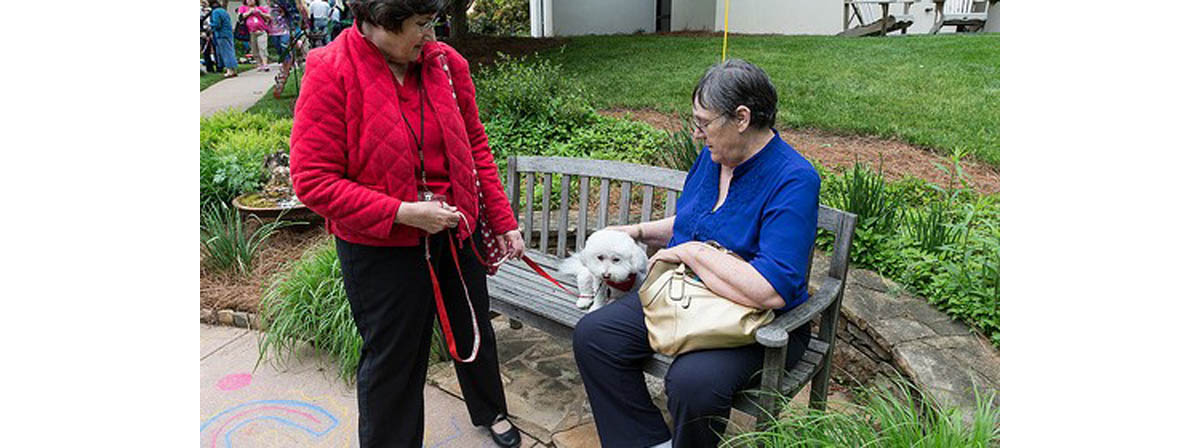Physical health is a top concern for many people, from cradle to grave. You may forget to have medical check-ups when you are seemingly healthy and in the prime of your life, but babies are usually born in the presence of a skilled healthcare provider and most elderly people receive medical care towards the end of their lives.

While there is certainly no stigma attached to taking care of your physical health — actively seeking medical care, refraining from harmful activities, eating well, and exercising regularly — the same is not universally true when it comes to mental health.
The British National Health Service (NHS) just reported that 80,000 UK children are living with a mental illness, for example, and kids as young as five show signs of depression in the media age.
Experts believe that a general breakdown of the family unit, cyber bullying and other social media network problems are behind this increase in mental health problems among children. We can add school pressures to that list very easily. The expectation to perform well starts in early childhood these days — large amounts of homework, standardized tests, and extracurricular activities are integral parts of most kids' lives.
Those same pressures continue through adulthood, and it's easy to see how one can end up with depression and other mental health problems even without the presence of traumas such as domestic violence, war and terrorism.
October 10 marks World Mental Health Day, and this important awareness event focuses on older adults this year. The pressure to perform, survive and thrive in all areas of modern life might subside — to a certain extent at least — once a person reaches retirement age. But retirement does not also mark the end of mental health concerns.
Everyone is aware that depression, loneliness and isolation, empty-nest syndrome, and loss of self-worth can strike older adults, and we didn't even mention conditions like dementia and Alzheimer's disease yet. But that's not what World Mental Health Day is about this year. In 2013, World Mental Health Day Focuses on the positive aspects of mental health in the later stages of life.
Those modern pressures may lead older people to believe that they aren't offering a useful contribution to society any more once they retire, and leaving the work force or the responsibilities of raising a family behind may cause a true identity crisis in some folks.
Don't let anyone make you think that retirement is all about wasting away, or taking on your grown children's responsibilities and raising your grandkids on the other end of the spectrum. What is the key to happiness and excellent mental health later in life? The freedom to chase dreams that were beyond your reach earlier in life, and the liberty to do the things you truly enjoy.
Making The Most Of Your Post-Retirement Life
Did you know that people over the age of 55 generally enjoy greater life satisfaction than those between the ages of 25 and 54? Greater life experience that allows you to see the bigger picture and not sweat over the small things probably plays a huge role in that, as does an increased feeling of financial security in many cases.

What can make the biggest difference though? Once you are retired, you have a lot more of that most valuable commodity that tends to be in short supply among school children, working adults, and full-time parents alike — time, of course. How are you going to use yours?
Be A Part Of The Community
"Once you stop going, you'll never get up again — so just keep on going." Such was the priceless advice offered by a friend's mother, who is a 90-something Holocaust survivor. My friend's mom lives on her own and walks everywhere. The farmers' market is one of her most frequent destinations, because she also cooks all her meals from scratch. It doesn't stop there, because she also cooks for others in need.
I am a 30-something homeschool mom and I also work part-time. I'm not nearly as together as my friend's mom, but I think my family runs nicely, thanks very much. Imagine my surprise when my friend's mom approached me at a dinner party recently and asked: "Are there any subjects you would rather not teach your children? Because I'd love to help you, if you like."
The Mental Health Foundation, too, linked a video that shows older women from Okinawa, Japan, supporting local preschoolers. Incidentally, folks from Okinawa have a very high life expectancy which many believe to be linked to their overall happiness.
If your interactions with others are meaningful, loneliness becomes a foreign concept.
Being a part of the community can take many forms. Volunteer work is one powerful way in which anyone with time, energy and will power can offer contributions. Your activities may also be far less formal, but everything you do should start with the attitude that you are valuable to others, and others are valuable to you. Solitude is available to you if you crave it, but you do not need to be lonely.
Personal Growth
Allan Stewart graduated from Southern Cross University (Australia) with a Master of Clinical Science in 2012, when he was 97 years old. This made him the oldest university graduate around, but it wasn't his first achievement — Allan got his law degree at 91. Way before that, in 1936, he got a dentistry degree.
This hugely inspiring man said:
Indeed. Are you retired but still regretful about that education you didn't pursue? Allan Stewart and an increasing number of other senior citizens show you that now is the time. In some places, older people can even take non-credit courses at a reduced fee or for free. If that isn't within your reach for whatever reason, online flatforms such as Coursera now offer free university-level courses in all possible fields on the internet.
Other people prefer to take up hobbies such as spinning and knitting, gardening, interior design, or take part in debate clubs. While activities don't have to be revolutionary to offer personal growth, let's not underestimate the value of hobbies. They can offer a social life, help you master really fascinating new skills, and if you like that can make other people really happy too (especially if they get a really gorgeous sweater out of it).
What About Dementia? And Physical Limitations?
Dementia can be a truly frightening experience, particularly for people who realize what is happening to them and who dread the future. Dementia will usually interfere with a person's independent-living abilities at the end. "Dementiaville" (as it is colloquially called) is an experimental village for people suffering from dementia in the suburbs of Amsterdam, the Dutch capital.
It follows an assisted-living concept, but it's a far cry from the depressing nursing homes of the past. The place has different living quarters for people with different lifestyles — urban, working class, aristocratic and Indonesian. The place has a shop, a hair salon, a pub, and all kinds of other facilities, and the inhabitants live normal lives full of dignity and respect... but with the help they need.
Senior citizens with physical limitations still don't have to be stuck at home by themselves the whole time. Inviting other people over to their house (neighbors, book club people, or old friends from the past) is a great option.
If you are computer-proficient, the internet will open a whole new world up to you. Online forums are often true communities that can definitely offer social interaction and help you make real friends. If you want to engage in activities out of the home, don't rule out the possibility that someone will be very willing to pick you up.
- Photo courtesy of Clare Bell by Flickr : www.flickr.com/photos/southpaw2305/3415926376/
- Photo courtesy of BurnAway by Flickr : www.flickr.com/photos/burnaway/8705773868/
- www.dailymail.co.uk/news/article-2438421/Number-children-depression-rise-NHS-says-nearly-80-000-UK-suffering-mental-illness.html
- www.abc.net.au/local/stories/2012/05/04/3495516.htm
- www.mentalhealth.org.uk/our-work/world-mental-health-day/world-mental-health-day-2013/?view=Standard
- www.dailymail.co.uk/news/article-2109801/Dementiaville-How-experimental-new-town-taking-elderly-happier-healthier-pasts-astonishing-results.html


Your thoughts on this